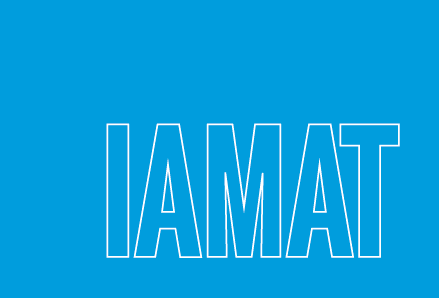Counting down the days to the start of the Soccer World Cup tournament? This year it’s being held in South Africa from June 11 to July 11. It’s one of the few events that brings out extreme emotions among fans, and like other world sporting events, this tournament will bring attention to the country’s natural beauty, history, and cultures.
Travellers are asking us about our recommendations on how to stay healthy in South Africa. In case you need to see a doctor, you’ll find that healthcare standards in the country vary between large urban centres and remote areas. High quality care is the norm in cities while in rural areas medical care tends to be basic.
IAMAT doctors are located in five World Cup host cities (Cape Town, Johannesburg, Bloemfontein, Port Elizabeth, and Pretoria) in addition to George, Knysna, Secunda, and Stellenbosch. Our doctors charge a set fee for the first consultation and will refer you to a specialist if needed.
As you’re getting ready for your trip, you’ll find advice and tips on health from many sources, often incomplete or unreliable. IAMAT relies on local medical contacts for its health recommendations, including guidelines set by the World Health Organization (WHO) and the Centers for Disease Control and Prevention (CDC). Here’s what we suggest for South Africa:
Routine Immunizations
Tetanus-Diphtheria, Poliomyelitis, Measles, Mumps, Rubella should be reviewed and updated if necessary. There is currently a measles outbreak in the provinces of Western Cape (Cape Town being the epicentre) and Eastern Cape (Libode region). We recently blogged about Measles and how to protect yourself.
Seasonal influenza
If you are 50 years or older or are immuno-suppressed ask your doctor or travel health clinic about getting anti-viral medication. Right now flu season is getting underway in the southern hemisphere.
Hepatitis A and Typhoid Fever
If you are planning a trip to remote areas, planning extensive hiking or trekking, or going on a safari, we recommend getting vaccinated against Hepatitis A and Typhoid Fever.
Malaria
Malaria medication is required if you are going to Northeastern provinces of Limpopo, the low altitude areas of Mpumalanga and KwaZulu-Natal as far south along the coast to the Tugela River, including Kruger National Park.
Risk of malaria occurs throughout the year and the incidence of P. falciparum malaria (the deadly form) is at 90 percent. Some anti-malaria drugs are resistant so based on your health status and type of trip, see our malaria guidelines for South Africa.
Schistosomiasis
Schistosomiasis (also known as Bilharzia) is present in South Africa. This disease is transmitted by snails living in fresh water such as lakes, rivers, streams and ponds. Avoid swimming in fresh water even if you are extremely tempted! Read about the geographical distribution of this infection and the rules to prevent illness.
Sexually Transmitted Infections
Keep in mind that HIV is endemic in South Africa. To prevent HIV and other sexually transmitted infections, avoid unprotected sexual contact. If you are going to have sex with a stranger, use latex or polyurethane condoms consistently and correctly. Bring your own condoms from home. There are no HIV entry or long-term stay restrictions for South Africa. Check out The Global Database on HIV-Specific & Residence Restrictions for the latest information and a list of resources.
For your safety, it is recommended that you do not leave well travelled tourist areas without a trusted guide. Never walk alone after dark and avoid secluded areas. Theft is a concern for travellers. Consult your government’s travel information website (ie. Foreign Affairs Canada and US Department of State – International Travel) for their recommendations on safety and security.
For a complete list of potential health risks and how to prevent them, see our South Africa country profile.



